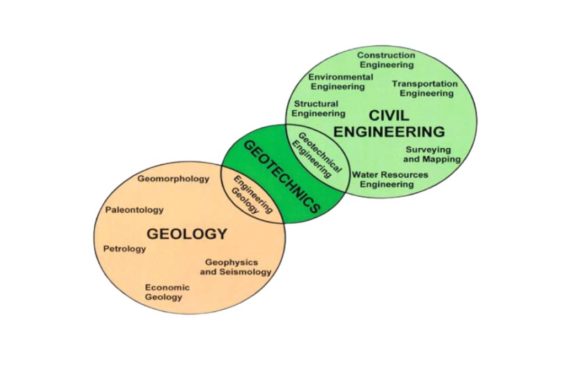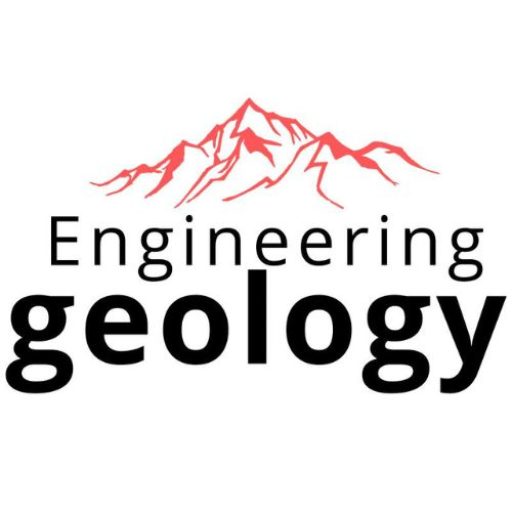Exploring the Fundamentals of Engineering Geology

What is the difference between engineering geology and geological engineering?
Engineering geology is the application of the principles of geology to the planning, design, construction, and maintenance of engineering projects. Geological engineering is a specialized field that deals with the design and construction of structures and infrastructure in areas with complex geology.
How does geology affect the design and construction of buildings and infrastructure?
Geology affects the design and construction of buildings and infrastructure in several ways. For example, the type and characteristics of the soil or rock at a construction site can affect the choice of foundation system and the stability of slopes. Natural hazards such as earthquakes, landslides, and flooding can also impact the design and construction of buildings and infrastructure.
What methods are used to assess the stability of slopes in engineering geology?
Methods used to assess the stability of slopes in engineering geology include slope stability analysis, rockfall analysis, and limit equilibrium methods. These methods use information about soil and rock properties, slope geometry, and groundwater conditions to evaluate the stability of slopes and identify potential failure mechanisms.
How does groundwater flow affect the stability of foundations and slopes?
Groundwater flow can affect the stability of foundations and slopes by changing the stress and weight-bearing capacity of soil and rock. This can lead to soil settlements and slope instability. Engineers use methods such as piezometer and borehole testing to evaluate groundwater flow and its effects on slope stability.
What are the main types of rock and soil, and how do they differ in terms of their engineering properties?
The main types of rock and soil are igneous, sedimentary, and metamorphic rocks and sand, clay, silt, and gravel soils. These materials differ in their engineering properties such as strength, density, and compressibility, which can affect the stability of slopes and foundations.
How does weathering and erosion affect the stability of slopes and foundations?
Weathering and erosion can affect the stability of slopes and foundations by changing the properties of soil and rock, altering slope geometry, and increasing the potential for landslides. Engineers can use methods such as weathering indices and erosion prediction models to assess the potential impact of weathering and erosion on slopes and foundations.
How do earthquakes and seismic activity affect the stability of slopes and foundations?
Earthquakes and seismic activity can affect the stability of slopes and foundations by causing ground shaking, landslides, and liquefaction. Engineers use seismic hazard analysis and seismic design methods to evaluate the potential impact of earthquakes and seismic activity on slopes and foundations.
What are the main causes of landslides and how can they be mitigated?
The main causes of landslides are oversteepening, soil saturation, and changes in soil properties due to weathering or human activities. Mitigation measures include slope stabilization techniques, drainage systems, and the removal of unstable materials.
How do engineers use geophysical methods to investigate subsurface conditions?
Engineers use geophysical methods such as electrical resistivity, ground-penetrating radar, and seismic refraction to investigate subsurface conditions. These methods can be used to determine soil and rock properties, identify subsurface layers, and locate potential hazards such as sinkholes and landslides.
What are the main challenges in engineering geology and how are they being addressed?
Some of the main challenges in engineering geology are understanding the complexity of natural systems, predicting the behavior of geologic materials under various conditions, and considering the long-term impacts of engineering projects on the environment. Engineers use advanced analytical and numerical methods, remote sensing, and monitoring techniques to address these challenges.

